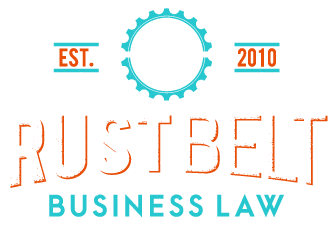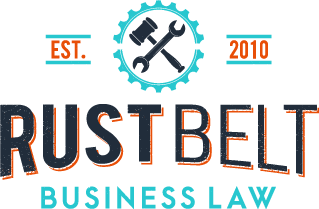What Every Pennsylvania Business Owner Should Know About Contract Formation
No matter what industry you are in, if you're a business owner in Pennsylvania, you will need to execute contracts at one point or another. You will execute a wide range of contracts – contracts with vendors, contracts with customers, contracts with specialist professionals (appraisers, CPAs, etc.), and others. Few things play as large a role in enabling your business to function smoothly as solid business contracts. Failure to create reliable contracts will increase your chances of winding up in court to resolve business disputes. In this post, we're going to discuss a few things every business owner here in Pennsylvania should know on the topic of contract formation. Knowing these essential points can help avoid numerous pitfalls when executing enforceable contracts.
Contract Formation Focused on Rules / Requirements
Many people need a better notion of contracts at a fundamental level. When most people think of contracts, they think of a particular agreement, but there are better ways to view this concept. A contract is a process for creating an enforceable agreement. When people develop contracts, they go through a specific procedure to render their agreement or exchange of promises enforceable in a court of law. After an agreement has become a binding contract, a breach (i.e., a violation) becomes an actionable offense because the non-breaching party can request relief from a court.
The process of creating an enforceable contract involves the completion of specific requirements or elements. The elements of a contract are as follows: offer, acceptance, consideration, legality, capacity, and writing. Simply put, a lawyer can create an enforceable contract with these six requirements. If a contract lacks these elements, except in cases where writing is not required, then the agreement is considered "facially invalid" and may not be enforceable in a court.
Recovery is Possible with an Unenforceable Contract
Readers should know that recovery can still occur even when a contract is declared facially invalid or unenforceable. This can happen for several reasons. It demonstrates that the law's goal is ultimately to find reasonable solutions to problems rather than merely applying rules mechanically and straightforwardly. Let's consider an example: the law of contracts includes a theory of recovery referred to as promissory estoppel. This theory essentially states that a party can recover damages in cases involving facially invalid agreements. More specifically, this theory holds that an offeree (the party receiving the offer) can recover whenever they rely on an offer and suffers damages due to this reliance, provided that the support was reasonable. In other words, in situations where firm acceptance hasn't been established, an offeror may be required to compensate for damages incurred as a direct consequence of an offer. Pieces of knowledge such as this can ultimately lead a business owner to greater success.
Contracts are all about creating enforceable agreements. The business world needs functional contracts to flourish; we need predictability and stability in the marketplace to see setbacks, slowdowns, and inefficiencies. Contract law may include multiple theories, intricate concepts, and layers of knowledge. The focal point is finding reasonable solutions to disputes when dealing with contractual agreements.
Contact Rust Belt Business Law for More Information
If you'd like to learn more, reach out to one of the attorneys at Rust Belt Business Law today by calling 814-983-6061.




